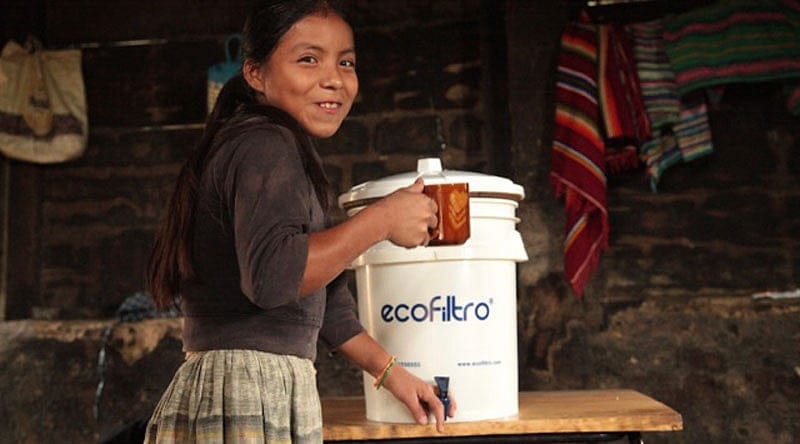In Guatemala, potable water requires sustainable solutions

"Pare," "Stop." I tell a child as he is about to take a sip of brown, stagnant water. It is a natural reaction as a parent. That water can't possibly be good for him. Living in Guatemala, I have lived this scene over and over again. Like many people, my second reaction is "Where was the government? Why do these poor children have to drink parasite-infested liquid? Someone should fix this."

